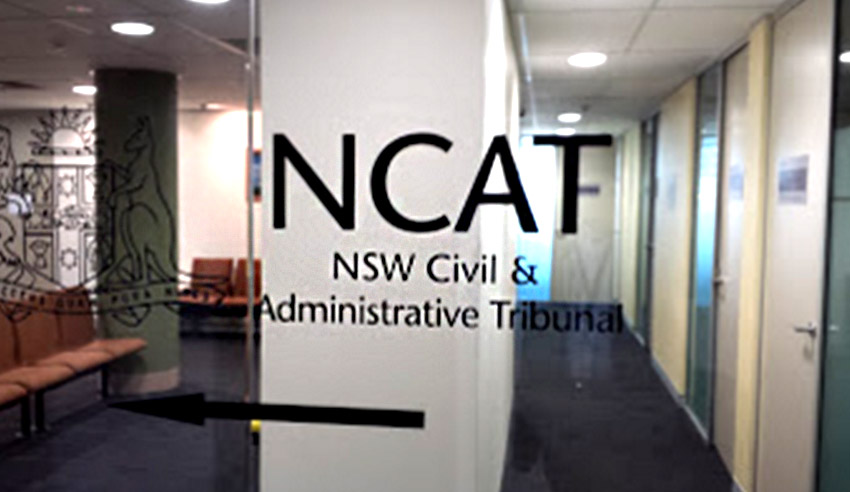An NSW barrister has been found guilty of unsatisfactory professional conduct after engaging in “sexually inappropriate conduct” towards a female legal professional, which included pushing her head towards his crotch and an “unwelcome” statement.

The NSW Civil and Administrative Tribunal (NCAT) has found the barrister – whose name and chambers have been restricted – did not make a sexually inappropriate advance but did engage in sexually inappropriate conduct during an event for barristers’ clerks when he approached a female legal professional, named H.
“It was very poorly judged, doubtless on account of [the barrister’s] significant level of intoxication,” the NCAT judgement on the decision read. “[He] failed to take into account H’s feelings of anger, embarrassment and humiliation. Using the words of the application, [his] conduct was ‘sexually inappropriate conduct’.
“The pushing of H’s head and the speaking of the words ‘suck my dick’ was unwelcome conduct of a sexual nature towards H. A reasonable person, having regards to the circumstances, would have anticipated that H would be offended and humiliated. This was a reasonable belief and proportional response.”
Just prior to 11pm, the barrister approached H’s table and stuck his finger up at a man seated next to her, named A for the judgement. A then returned the gesture in what appeared to be a “private joke” and, when the barrister reached the table, he then “pulled A’s head face first backwards and forwards to his crotch”.
The tribunal rejected the characterisation of the barrister’s conduct towards A was a “sexually inappropriate advance” and instead found that he was “clearly not making a sexual advance” towards A. The intention – including a “brief simulation of oral sex” – appeared to be a ritualised agreement that did not offend A or other onlookers.
The conduct towards A, which the tribunal said was “not appropriate at a barristers’ clerk’s dinner, even late at night”, could have been repeated towards H in a way to “include her in the horseplay”. However, the tribunal said it was “very poorly judged”.
After the incident, H left the table to find a law clerk. When she found him, she gave him an account of what had happened at the table and told him that she felt “angry, upset, embarrassed and humiliated”. He corroborated this in his own evidence.
Four days later, H made a statement. In it, she commented: “It took me a few seconds to get over the shock of what was happening. I then pulled away while still sitting. I remember I then awkwardly looked at [A] who also looked very awkward.”
The barrister sent a written apology early in August 2017 in which he said that he did not recall the incident except his “horsing around” with A. In his affidavit, he wrote that he “did not do or say things that H accuses me of”, including saying “either of the statements attributed to me” or the actual action of pushing her head towards him.
“I have no doubt that I said something which caused H offence for which I am truly sorry. I did not intend to offend H or to harass H. I also accept that I briefly touched the back of her head and I do appreciate that it was an unwelcome touch. I did not intend for it to be sexual in nature,” the barrister submitted.
The tribunal has asked the Bar Association council to provide a statement as to the disciplinary orders it is seeking as a consequence of the finding, together with any evidence it intends to rely on and submissions. The barrister is also to provide submissions and evidence in response.
The entire judgement can be read on AustLII: Council of the New South Wales Bar Association v EFA [2021] NSWCATOD 21 (4 March 2021).
